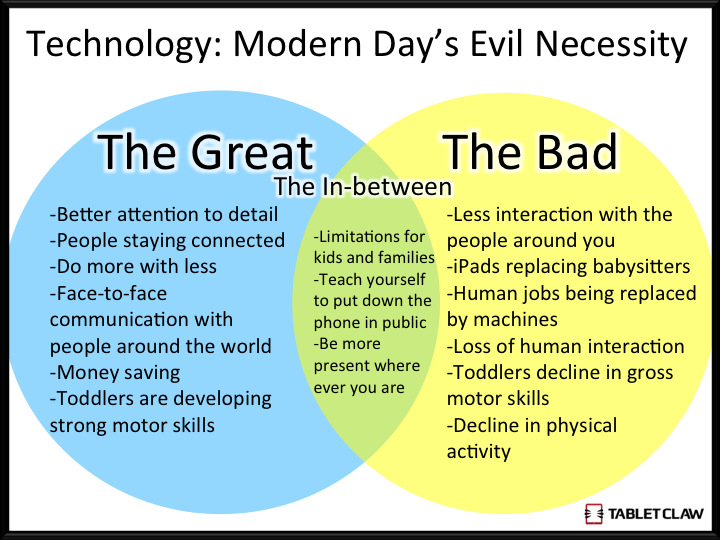Technology! Good or Evil?
 Raees Riaz
Raees Riaz
Navigating the Dichotomy: Is Technology Good or Evil?
In an age where technology permeates every aspect of our lives, from how we communicate to how we work and play, the debate over its inherent moral character intensifies. Is technology a force for good, propelling humanity towards progress and innovation? Or does it embody a darker side, fraught with ethical dilemmas and societal pitfalls?
The Case for Technology as a Force for Good
Advocates of technology herald its transformative power in improving lives globally. From healthcare advancements that prolong and enhance quality of life to educational tools that democratize access to knowledge, technology has undoubtedly revolutionized our world. Innovations in renewable energy, AI-driven diagnostics, and communication technologies connect us across borders and cultures like never before.
Moreover, technology fosters economic growth, driving industries forward and creating opportunities for entrepreneurship and employment. It empowers marginalized communities, amplifying voices and catalyzing social change through platforms for advocacy and activism.
Confronting Technology's Ethical Challenges
Yet, alongside its promise, technology poses ethical quandaries that demand careful consideration. Concerns over data privacy and security loom large as personal information becomes a commodity in the digital age. The rise of artificial intelligence raises questions about accountability and bias, challenging traditional notions of decision-making and autonomy.
Furthermore, technology's rapid evolution can exacerbate societal inequalities, widening the digital divide between those with access and those without. Issues such as algorithmic discrimination and the ethical implications of autonomous systems underscore the need for thoughtful regulation and ethical frameworks.
A Balanced Perspective: Harnessing Technology Responsibly
Rather than viewing technology as inherently good or evil, perhaps it is more constructive to see it as a tool shaped by human intentions and actions. The responsibility lies not in demonizing or idealizing technology, but in cultivating a nuanced understanding of its potential and limitations.
Embracing innovation while upholding ethical standards ensures that technology serves humanity's collective interests. Education and awareness empower individuals to navigate digital landscapes critically and responsibly. By fostering collaboration between technology developers, policymakers, and communities, we can strive towards a future where technology enhances human flourishing while safeguarding our shared values.
Conclusion
In the ongoing discourse on technology's moral compass, the answer to whether it is good or evil may not lie in absolutes but in the choices we make as stewards of progress. By harnessing technology with empathy, foresight, and ethical rigor, we can shape a future where innovation coexists harmoniously with human values and aspirations.
Technology, then, becomes not just a tool but a catalyst for positive change—an expression of our collective potential to build a more inclusive, equitable, and sustainable world.
Subscribe to my newsletter
Read articles from Raees Riaz directly inside your inbox. Subscribe to the newsletter, and don't miss out.
Written by
